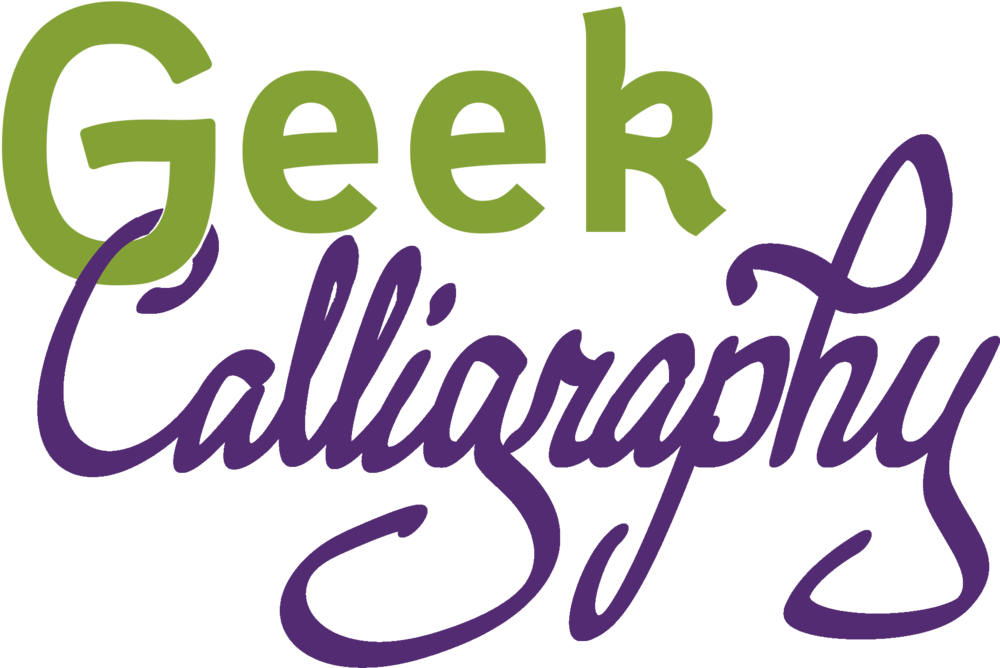Image shows the Oscar statuette with the Oscars logo superimposed over it on a brown background. I remain amused that everyone has given up trying to call this The Academy Awards.
by Terri
Did you see Dunkirk? I didn't. I don't know anyone that did. But the voters at the Academy of Motion Picture Arts and Sciences seem to have and really liked it.
I'm not generally one for Oscar predictions. The movies I like tend to get nominated solely in what I think of as the "technical" categories - Visual Effects, Sound Design & Mixing, Costumes, Makeup Design, Set Design, etc. You rarely see genre films nominated in the "important" categories - Best Director, the various awards for acting, Best Picture. So there's not a whole lot of fun in going "well, which genre film is going to be deemed worthy of which technical award?" I mostly watch for the host, the pretty dresses and the occasional acceptance speech that blows you out of the water.
This year I honestly did not know who was nominated in half the categories. I knew that Get Out* was actually nominated for several of the Big Awards, and so was The Shape of Water. So good on the Academy for nominating an excellent and groundbreaking horror film (and the weird fish love story movie). On the other hand, it's become clear that though the Academy has spearheaded some diversity initiatives in the wake of #OscarsSoWhite, the old guard still holds significant sway.
The two films that exemplify the hold of that old guard are Dunkirk and Darkest Hour. Both of these films are classic Oscar Bait. They're both World War II films centering entirely on White British People. Because Darkest Hour featured Gary Oldman as Winston Churchill, that made it a shoo-in for at least one of the Big Awards it was nominated for. But poor Dunkirk only had Kenneth Branagh (and wasn't nominated for any of the acting awards, only Best Picture and Best Director). Since it wasn't going to win either of those awards, the Academy felt honor bound to elevate it beyond all sense.
This mediocre WWII film won nearly EVERY technical award it was nominated for. Normally this wouldn't bother me so much. I like it when genre films win the categories they're slotted into, but no one cares who wins these Oscars. Except that Dunkirk won Sound Editing and Sound Mixing. The Last Jedi was nominated in both of these categories, and rightly so. If nothing else, the 6 seconds of silence when Holdo rams the Raddus through the entire First Order fleet (most notably the flagship) at lightspeed deserve both awards all on its own. And instead of awarding creativity and unique choices, the Academy tossed both of these awards to Dunkirk as a bone. What, me, bitter?
After that, learning that members of the Academy didn't even bother to watch Get Out surprised me not at all. It seems like every time we take a step forward, we have to take three backwards. At least Jordan Peele was acknowledged for his excellent original screenplay, and nominated for his direction and excellent film. Daniel Kaluuya's nomination for his performance in Get Out bodes well for the rest of his career. Logan's nomination for Best Adapted Screenplay gives me hope for Black Panther getting some nods outside the usual genre categories. And while I'll never see it, the fact that The Shape of Water was able to take Best Picture may mean that we're seeing some of those barriers break down.**
On a completely different note, the Best Original Song category was so crowded with excellence that it was hard for me to figure out which song actually deserved a win. I simultaneously wanted Mary J Blige to win because she was never going to get Best Supporting Actress and I wanted Remember Me from Coco to win because it was beautiful and poignant and made me want to see the movie. If you're going to pick a song from a sanitized and whitewashed fiction of PT Barnum's life then you can hardly do better than the ensemble unapologetic freak flag anthem of This Is Me,*** and Common and Andra Day in Stand Up for Something bringing out activists ranging from Cecile Richards of Planned Parenthood to Alice Brown Otter of Standing Rock to Bana Alabed (an 8 year old author and Syrian refugee) was incredible. Even the mostly forgettable song from Call Me By Your Name was made wonderful by being introduced by Daniela Vega, an openly trans* actress of color.
So once again, the Oscars were gratifying and disappointing. But there's hope that we're moving forward.
*This is just the one review actually written by a POC in the top ten Google results. There are more, fabulous reviews out there and you should find them and read them.
**Though not enough - Patty Jenkins was profoundly robbed for not being nominated for her stellar direction of Wonder Woman.
***Totally worth not getting singing and dancing Hugh Jackman at the Oscars, in my opinion.


![[Women's] narratives usually have them being less active agents than being thrown into circumstances which they must then survive](https://images.squarespace-cdn.com/content/v1/56565a97e4b0acafe106535a/1491233383537-S44W0656S83RF2220QS8/%5BWomen%27s%5D+narratives+usually+have+them+being+less+active+agents+than+being+thrown+into+circumstances+which+they+must+then+survive)






